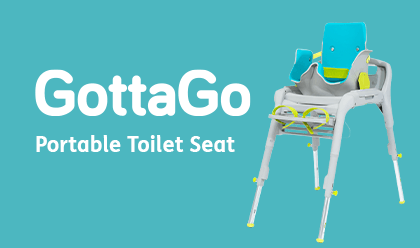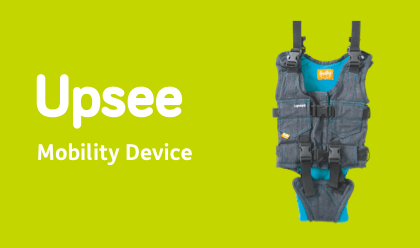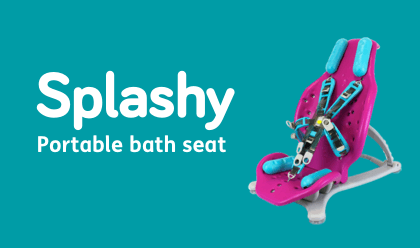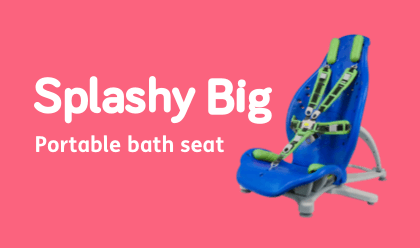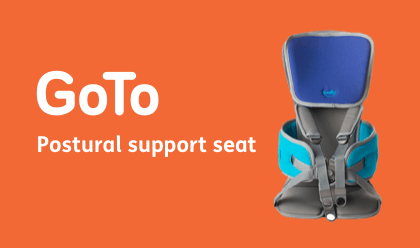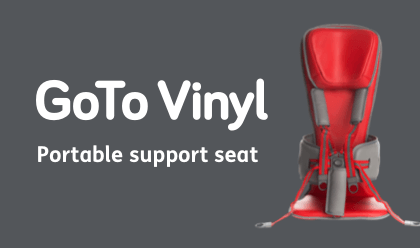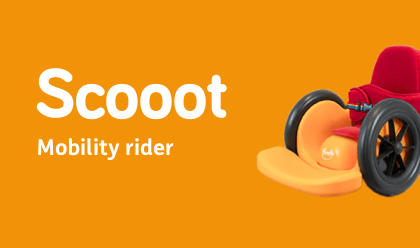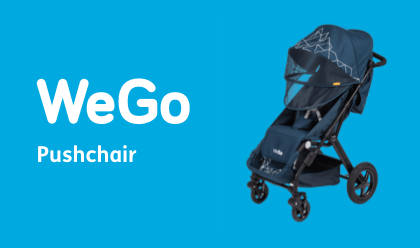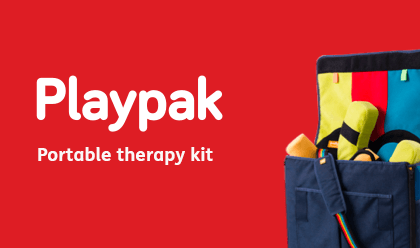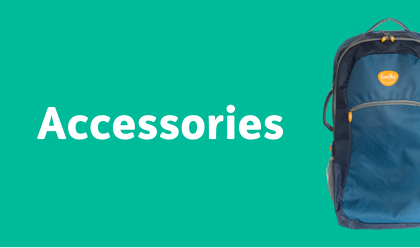Bad Language
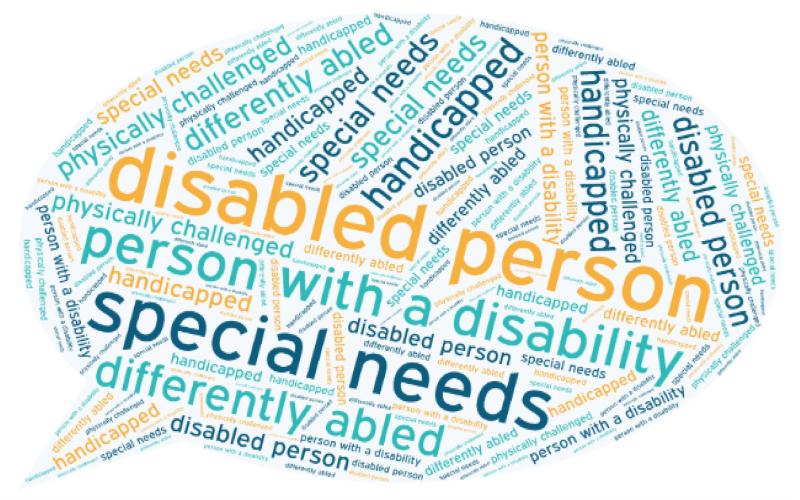
I recently asked a whole bunch of parents of disabled children, and disabled people themselves, what they think of as some of the most inappropriate or downright offensive language that they have heard or experienced as a result of their own or their child’s disability.
The result was a huge discussion that produced a massive list of words and phrases, far more than there is space for in this blog post, although I’ve included a list of some of the most quoted ones below…
What also emerged is that there isn’t universal agreement on some of this; some words, labels and descriptions are owned by some people and anathema to others.
What is clear, however, is that first and foremost, disabled people (of any age) have the right to use whatever words, labels, descriptions etc. that they feel are applicable for them, and nobody has the right to tell them that they are wrong.
So, caveats all in place, here’s just some of the words that people mentioned, starting with the ones used to belittle, diminish, put down, be nasty to, or otherwise insult disabled children (and indeed adults too). I’ve sorted them alphabetically, and even just doing that I was deeply troubled by this list…
Antisocial
Bad (as in ‘bad behaviour’)
Behind
Cold
Crazy
Cruel
Cursed
Dangerous
Defective
Disruptive
Doesn’t care (also, ‘lacks empathy’)
Dumb
Freak
Has ‘issues’
Idiot
Lame (as in dull, uninspiring; see other use below)
Naughty
Not normal
Pitiful
Rude
Slow
Strange
Stupid
Ugly
Waste of space
Wrong (as in ‘something is wrong with them’)
(There were many more words than this sent to me, I’ve only included a selection here)
A few other words came up that have historical use, and which should be consigned to history, but it seems are still in use by some people today, including professionals who should know better…
Handicapped
Retarded
Spastic
A few people picked up on words that are used in literature, even in fairly modern versions of the Bible for example, such as…
Cripple
Lame (as in walks with difficulty, see other use above)
Other words or phrases that deserve their own category include these…
A bit special… (as in ‘they’re a bit special’, or ‘a bit Autistic’ or ‘a bit OCD’, for example)
Doesn’t look… (as in, ‘he doesn’t look Autistic to me’, usually by someone with no relevant experience)
Fits (rather than the more encompassing ‘seizures’ that reflects the wide range of seizure activity)
Has e.g. Autism (rather than ‘is Autistic’. It’s not possible to ‘have Autism’ any more than it is possible to ‘have gay’ or ‘have female’)
High/Low Functioning etc. especially related to Autism (generally falling out of use, often unhelpful)
Mum/Dad (when being referred to by professionals)
Non-verbal (rather than ‘limited functional verbal language’ which recognises that some sounds are still communication)
Service user/Client (when being referred to by professionals)
Severe (when in reference to e.g. Autism, ADHD, or other neurodivergences)
Suffers/Sufferer (as in, ‘she suffers from Cerebral Palsy’)
Wheelchair ‘bound’ (rather that ‘uses a wheelchair’)
There is also a wide debate as to what the most appropriate phrase to use is out of…
Special Needs vs Additional (Learning/Support) Needs vs Disability/Disabled
‘Disability’ is a term defined in law (paraphrasing the Equality Act 2010) as a physical or mental impairment.
The effect on normal day to day activities is substantial and long term.
A child or adult who is disabled, whether this is a physical, mental, or other disability, experiences a substantial loss or limitation of the opportunity to participate in everyday life and do normal day to day activities on an equal level to that of their peers due to barriers resulting from their disability (or societal barriers due to lack of adequate accessibility).
The terms ‘Special Needs’ or ‘Additional Needs’ (‘Additional Learning Needs’ in Wales, ‘Additional Support Needs’ in Scotland) are less clearly defined, and although ‘Additional Needs’ is generally in wider use now, ‘Special Educational Needs’ or SEN (sometimes ‘SEND’ adding Disability on the end) is in common use when referring to school age children.
What was generally agreed on is that terms such as ‘differently abled’ shouldn’t be used.
Almost finally, a helpful website was suggested that adds some further thoughts to this conversation: https://www.languagecreatesreality.com/
And finally, just a reminder that some of the above is open to debate, discussion and polite disagreement.
As I mentioned at the beginning, it is up to disabled children and adults themselves to decide what terms to use (or not use) regarding themselves, and however passionate we might be about stopping or promoting the use of certain words and phrases, we should all respect the rights of each individual to use what they feel is right for them.
As for me, I’ll let my last words on this not actually be mine but T.S. Eliot’s, “For last year's words belong to last year's language. And next year's words await another voice.”
